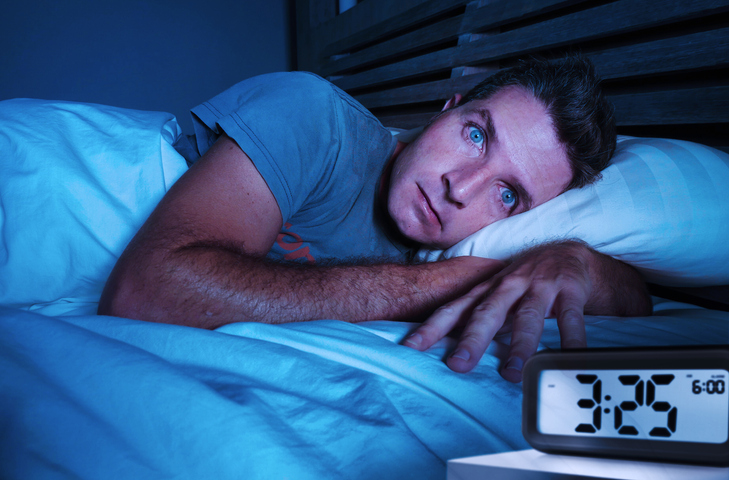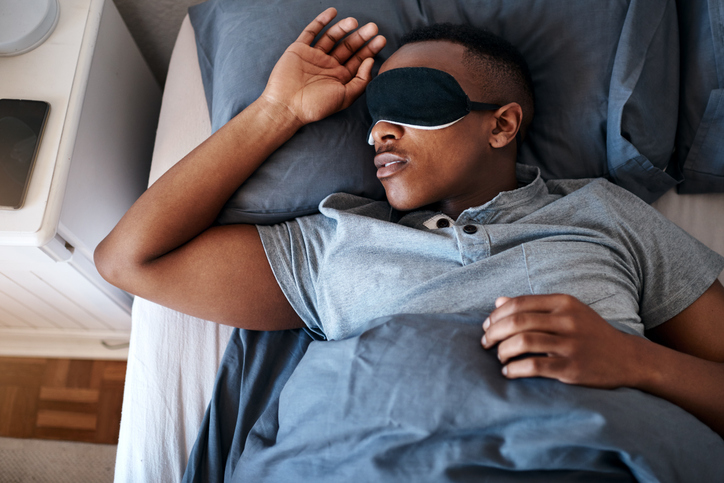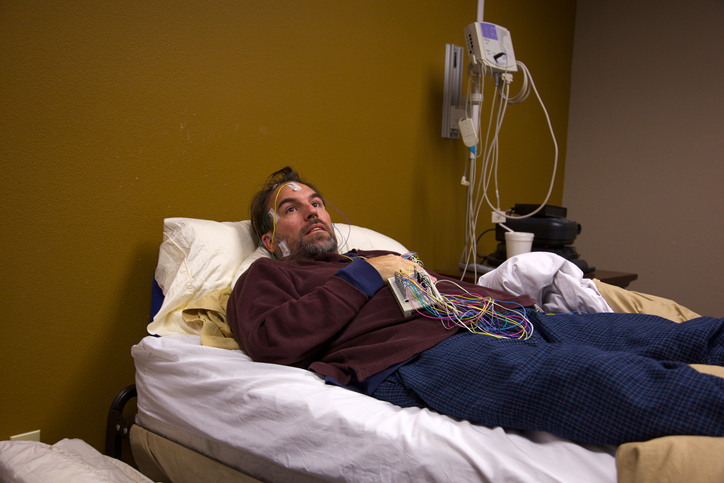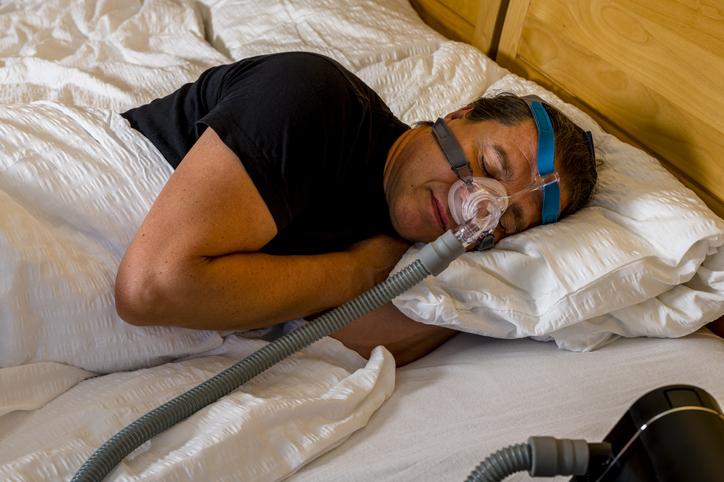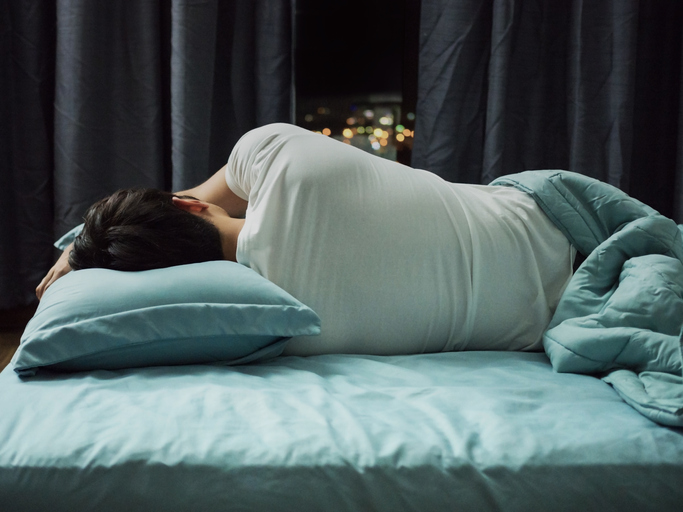Living with Chronic Pain
Insomnia and Chronic Pain

What is insomnia?
Insomnia is a sleep disorder which manifests as difficulty falling asleep, staying asleep, or going back to sleep after prematurely waking. Individuals with insomnia often don't get the recommended seven to eight hours of uninterrupted sleep, leading to a lack of energy during their waking hours. Insomnia can be acute (lasting days or weeks) or chronic (lasting a month or more).
The symptoms of insomnia include, but are not limited to, difficulty sleeping, tiredness during waking hours, irritability, depression, anxiety and impaired concentration. Insomnia is more likely to affect individuals who are over the age of 60, who are under significant stress, who do not have a consistent schedule, or who have physical or mental health conditions, such as chronic pain. Women are also at a higher risk of developing insomnia than men.
Insomnia and chronic pain
The link between insomnia and chronic pain is complex — chronic pain can cause insomnia, and insomnia can increase chronic pain. One study found moderate to severe insomnia in 53% of study participants with chronic pain in comparison to just 4% of similar pain-free participants. Additionally, individuals with insomnia due to chronic pain report more severe, long-lasting pain in comparison to individuals with chronic pain without insomnia. Chronic pain can interrupt or even prevent sleep, and lack of restorative sleep can reduce pain thresholds and even produce pain symptoms.
Diagnosis
Insomnia is usually diagnosed during a physical exam and a discussion about sleep habits with a health care provider. A sleep study may also be recommended to check for other sleep-related disorders, such as sleep apnea or restless legs syndrome.
Treatments
- Cognitive behavioral therapy (CBT)
CBT is one of the primary treatments for insomnia. CBT involves learning how to change thought patterns and behaviors. This type of therapy is extremely effective in the treatment of insomnia. - Medication
Over-the-counter sleep medications are available for purchase; however, they are not designed for long-term use. A doctor or pharmacist should be consulted before taking these medications. Sleep medications for short- or long-term use can be prescribed by a health care provider. Caution should be exercised when taking medication for sleep because side effects, such as daytime drowsiness and dizziness, are common. Sleep medications can also be habit-forming. - Herbal and dietary supplements
Herbal and dietary supplements, such as melatonin and valerian, may also help with sleeplessness. However, the long-term safety of melatonin is unknown, and long-term use of valerian may be linked to liver damage. Consulting a health care provider before trying any supplement(s) is highly recommended. - Alternative therapies
Alternative therapies, such as acupuncture, yoga and meditation, may help reduce stress and improve sleep quantity and quality. - Sleep hygiene
Practicing good sleep hygiene may help ease insomnia. Sleep hygiene involves reducing exposure to light before bedtime, going to bed and getting up at the same time each day, and keeping the bedroom dark and quiet.


